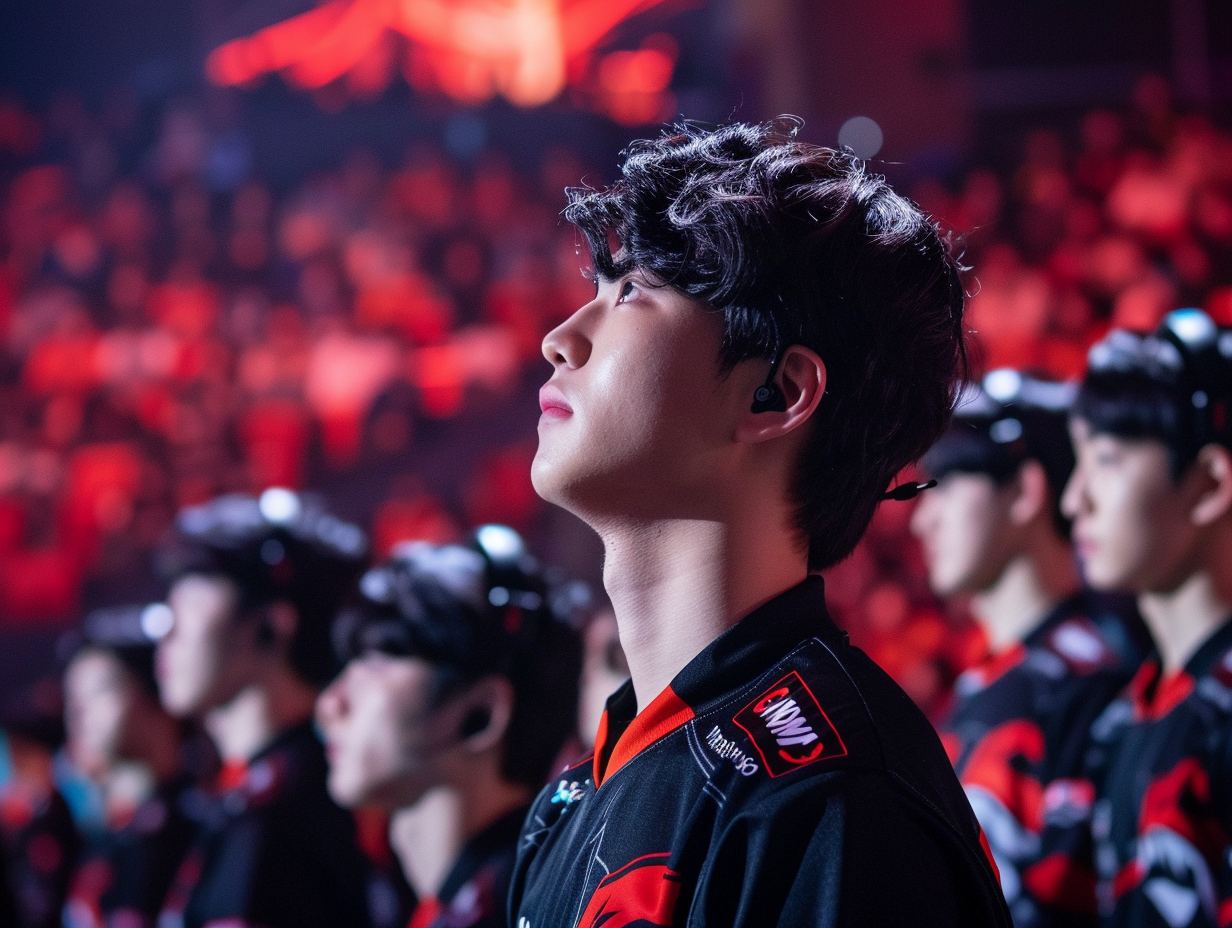In the competitive landscape of VALORANT, a recent discussion on Reddit has brought to light a contentious feature: the ability to invite enemy players to parties during matches. While this functionality aims to foster friendly interactions, its potential for abuse has sparked debate within the gaming community.
The unforeseen consequences
Players have voiced concerns about the unintended consequences of allowing enemy invites. Instances of players exploiting this feature to gain an unfair advantage have emerged, with some individuals receiving unsolicited information about their opponent’s strategies, leading to disruptions in fair play.
A Reddit user recounted a distressing experience where opposing players provided them with insider information during a match. This unwarranted assistance, including disclosing planned attacks and facilitating easy kills, illustrates the potential for abuse inherent in the current system.
Addressing the issue
While some players opt to report such incidents and disengage from the match, this reactive approach fails to address the root cause of the problem. Despite efforts to mitigate throwing through reporting mechanisms, the ease of communication via text chat presents persistent challenges, perpetuating a culture of unfair play.
The community response to this issue has been mixed. While some view enemy invites as an opportunity for lighthearted banter and camaraderie, others lament their disruptive impact on competitive integrity. Friendly interactions between opponents remain rare, often overshadowed by concerns about potential abuse.
Navigating fair play
In light of these challenges, players are advised to exercise caution when engaging with opponents during matches. While forming temporary alliances or engaging in friendly banter may be tempting, maintaining focus on gameplay and adhering to fair play principles is paramount.
Several suggestions have been put forth to address the prevalence of throwing in VALORANT. These include implementing stricter penalties for disruptive behavior, enhancing in-game monitoring systems to detect and deter abuse, and exploring alternative communication methods that mitigate the risk of unfair advantage.





